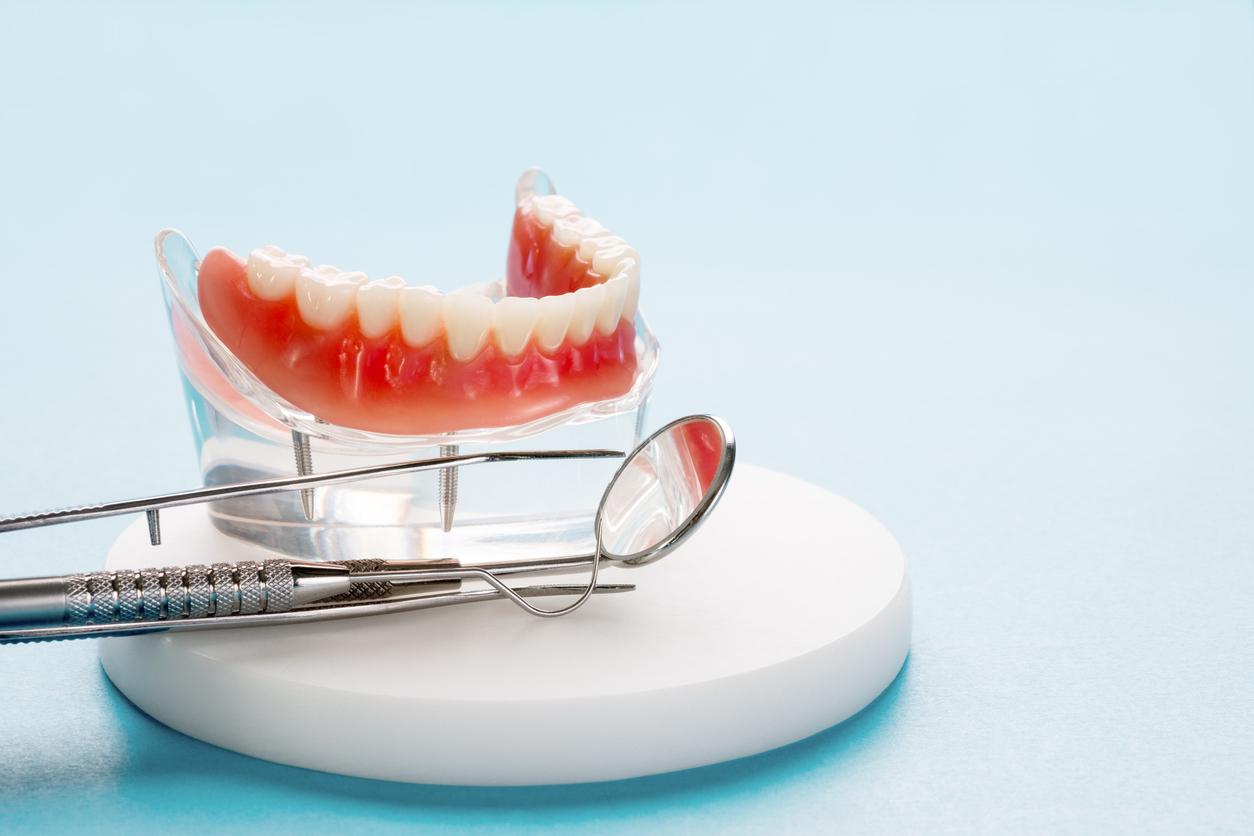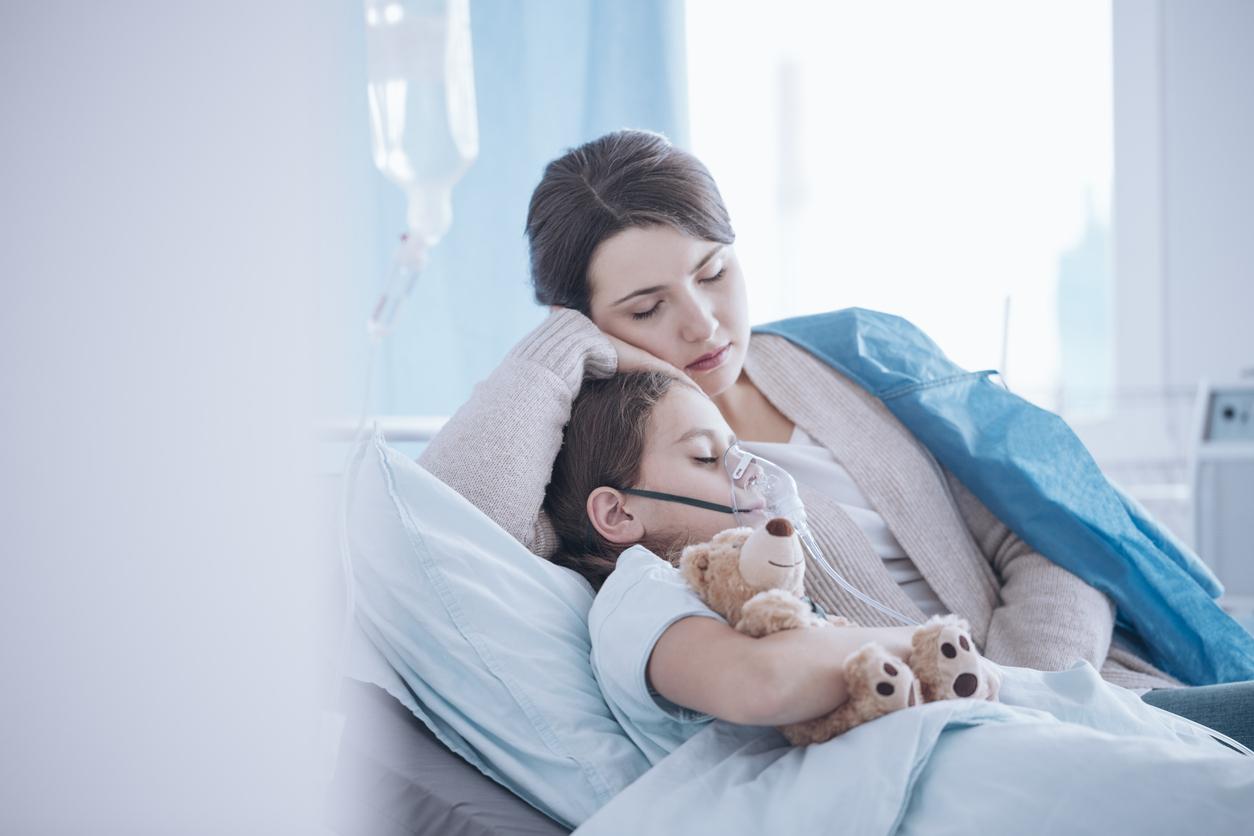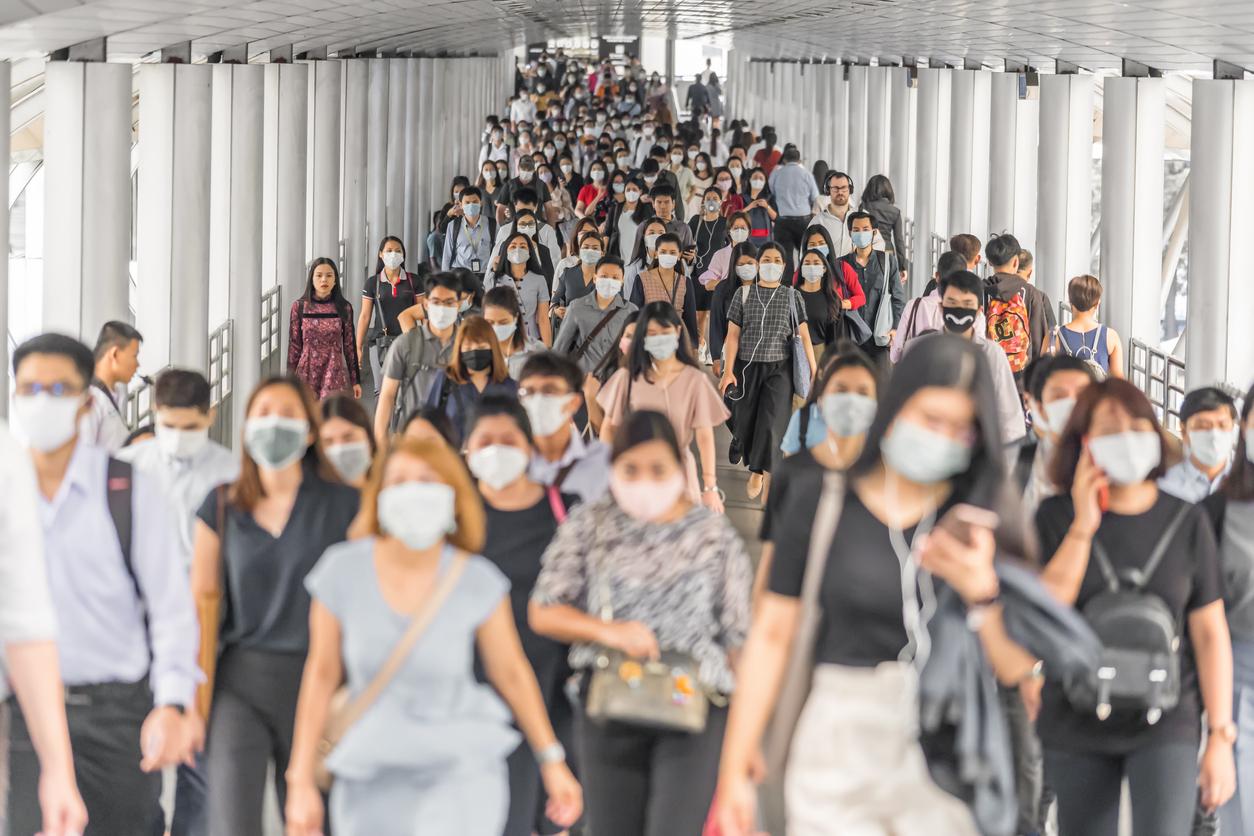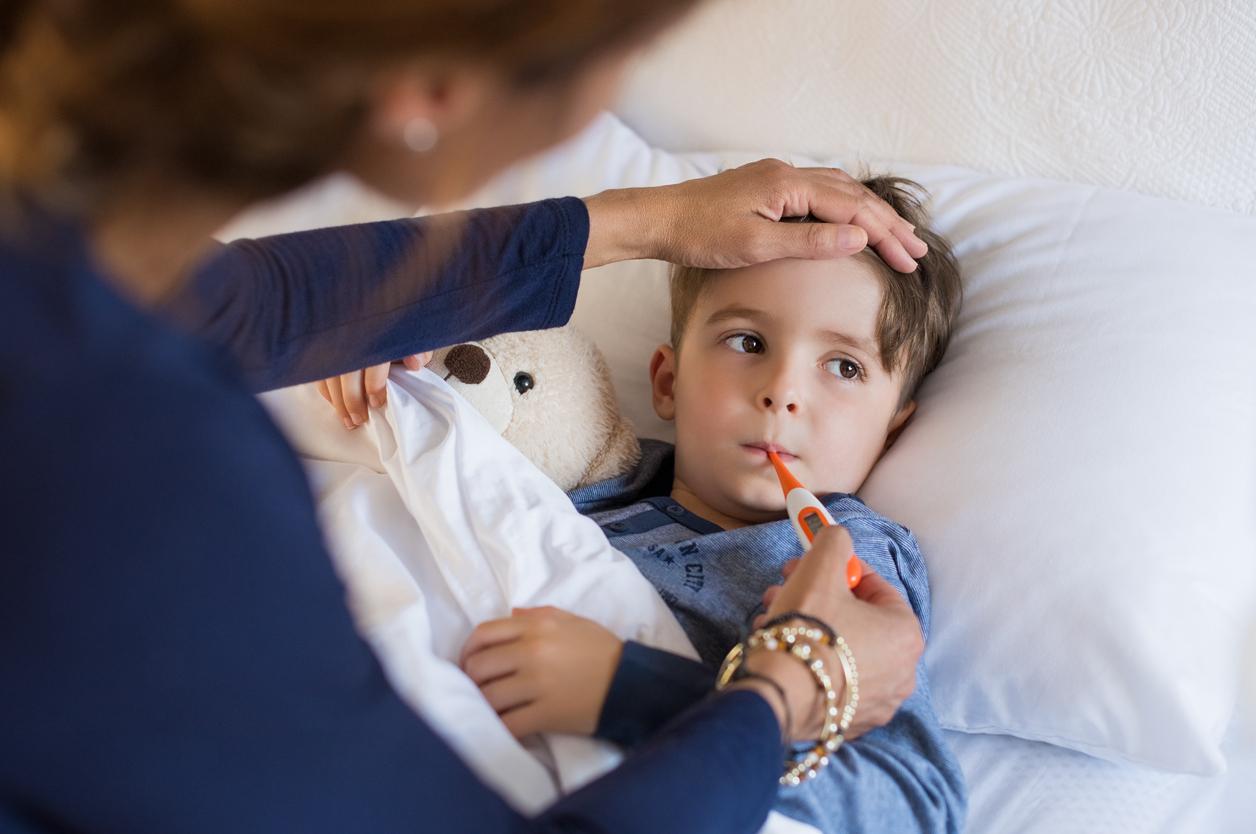The Democratic candidate first hid her pneumonia before confessing everything. For Denis Demonpion, author of a book on the health of presidents, it is a mistake.

The video lasts about ten seconds but it has already been around the world. Filmed by a passerby, we see the presidential candidate, Hillary Clinton, faltering. Rescued by her technical staff, the Democrat even went so far as to fall at the entrance of her car losing a shoe in the crowd.
The scene takes place during the 9/11 tribute ceremonies that Hillary Clinton, 68, had to hastily leave. This episode obviously brings to the fore the already existing controversy over the state of health of the Democratic candidate. Especially since his campaign team was locked, at first, in the lie.
Her collaborators have, in fact, indicated that she suffered from a heatstroke following dehydration. Then, her personal physician admitted that she had pneumonia diagnosed last Friday.
Dr Lisa Bardack explained that the candidate “was put on antibiotics and she was advised to take a rest and change her schedule”.
Eight weeks before the US presidential election, Hillary Clinton decided to follow this advice. At least for the next two days.
Yet accustomed to provocation, Donald Trump wished his rival a speedy recovery.
However, many commentators already see this event as a turning point in the race for the White House. This is the case of Denis Demonpion, journalist at The Obs. He is the author of the book The last taboo, revelations on the health of presidents.
What are the duties of American candidates in matters of health?
Denis demonpion : Since several US elections, all presidential candidates have been required to produce an extremely detailed medical certificate. I assure you, we are very far from the French health bulletin which is 2 lines long.
For example, in 2008, candidate John McCain presented 1,100 pages of documents on all the interventions and visits he had undergone during his lifetime. A little to make fun of the system, I imagine.
Another example, we reproached Barack Obama for not talking about his risk of developing a genetic disease … Now, this theme is likely to be the central subject of the campaign. In any case, in Donal Trump’s camp, many are thinking of putting him back at the center of the debate.
How do Americans react to these revelations?
Denis demonpion : In a country like the United States, it is clear, we do not tolerate any secrecy in this area. His doctors even admit that they revealed his pneumonia a little too late. Hillary Clinton should have said she was in pain. It’s going to be blamed on him as professional misconduct.
This secrecy will take time to be forgiven and may even have consequences on the choice of voters. Some might have doubts about his ability to run the country. But if Donald Trump attacks him too much on this point, it could backfire, with a phenomenon of empathy towards the Democratic candidate.
Can a sick candidate be elected President of the United States?
Denis demonpion : There was already a precedent. But another time, another way of life. I am referring to Franklin Delano Roosevelt who, despite his wheelchair, has been re-elected 4 times. Even in times of war. At the time in any case, the Americans were very little concerned with the state of health of their president. But in the age of social networks I think the situation has changed. Hordes of anti-Clinton internet users could mobilize to harm him. They will, for sure, be present every time she skids, slips, or becomes tired. Its weak points will be spied on by its opponents. The next few months will be decisive. The decisive question is: Will Hillary Clinton be able to return to the campaign with the energy that she is usually familiar with?
How should she react?
Denis demonpion : She has no choice but to explain herself. She will be summoned by the American people to say everything about her state of health. It is sure that talking about this will embarrass her in her campaign. It is not a pleasant thing.
And in France, what about the requirement for truth in health?
Denis demonpion : The United States is not France and vice versa. With us, the demand for truth in matters of health on the part of candidates does not exist. We all remember Georges Pompidou who did not finish his mandate. Since his death, all the candidates have sworn they will say anything about health. But it has not happened. François Mitterrand hid his metastasized cancer from the French and more recently, Nicolas Sarkozy and François Hollande have also kept secret in the matter.
I think that there will really have to be a serious and important event for us to come to the American situation where the candidates must show their feet. For the moment, the French and their elected officials are not considering a new system. When we asked François Hollande for our book, he told us that he had just taken out a bank loan for which he had to produce a health check. In short, he asked us to go our way.
Could young candidates be a game-changer?
Denis demonpion : Emmanuel Macron, Bruno Lemaire, and Arnaud Montebourg do not even think about this question. They say that their priorities are the concerns of the French. In order to remain credible vis-à-vis this requirement, they will not make their health report a political marker.
Source: YouTube video

Pneumonia is an infection of the lower respiratory tract, in the lungs, in the pulmonary alveoli. Several kinds of germs can be responsible: bacteria, viruses or more rarely parasites and fungi. Most often, pneumonia is caused by a bacteria called pneumococcus. Other germs cause pneumonia: mycoplasma, chlamydia, Haemophilus inflenzae, legionella. And a viral infection like the flu can be the cause of a secondary infection with a bacteria with serious consequences.
Most often, pneumonia begins acutely: sudden onset of high fever with chills, sweating, cough at first dry, then oily with yellowish sputum streaked with blood, pain in the chest when coughing and breathing (“Chest pain”), sometimes shortness of breath and digestive problems. It is therefore advisable to consult the attending physician quickly.
In the absence of associated disease, treatment is based on antibiotics of the penicillin family (amoxicillin) and macrolides (pristinamycin). The forms of pneumonia, which are not of a serious nature, are treated at home. In the majority of cases, pneumonia resolves without complications if treatment is followed correctly. The most severe cases should be treated straight away in hospital, possibly in an intensive care unit, with mortality reaching 15%.
.















